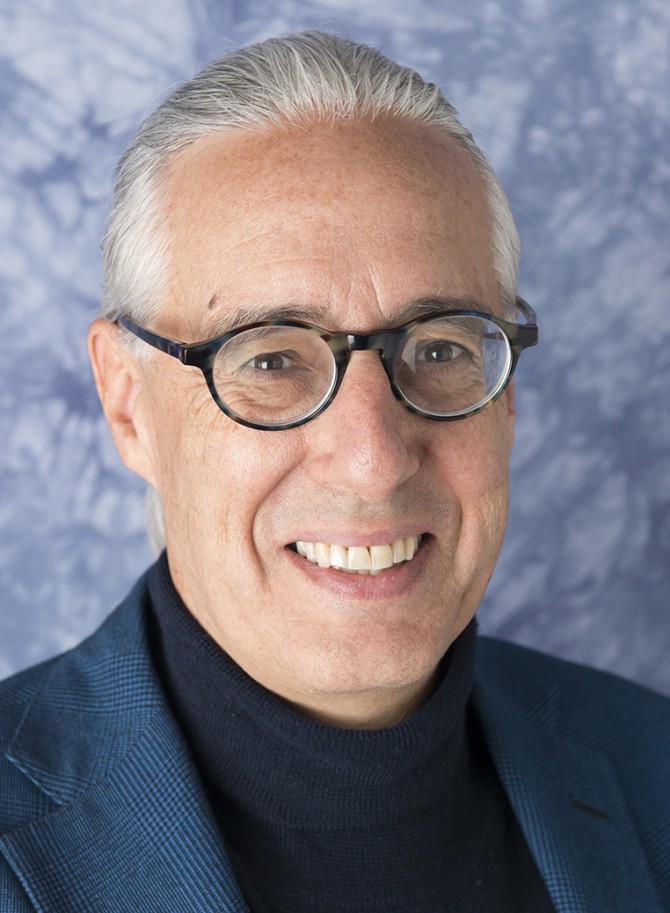Renowned psychologist, neuroscientist to deliver Doris Lecture
By Stephen D'Angelo
Avshalom Caspi ’83, Ph.D. ’86, the Edward M. Arnett Professor of Psychology and Neuroscience at Duke University, and professor of personality development at the Institute of Psychiatry, Psychology & Neuroscience at King’s College, London, will return to Cornell to deliver the Bronfenbrenner Center for Translational Research’s annual John Doris Memorial Lecture April 25.
Caspi’s talk, “Charting Mental Disorders from Childhood to Midlife: Lessons for Nosology, Etiology, Intervention and Public Understanding of Mental Disorders,” will take place at 4:30 p.m. in the Biotech Building room G10.
“Dr. Caspi is absolutely one of the most sophisticated and nuanced developmental psychopathologists in the world, and we are so proud to have played a part in his education,” said Christopher Wildeman, director of the Bronfenbrenner Center for Translational Research.
In his lecture, Caspi will present new data from the longest longitudinal study of mental health to show how mental disorders ebb and flow over the course of life, from childhood to midlife. Including emerging surprises about when mental disorders develop, how common they are, and how they diversify with time, he will examine evidence of potent risk factors and why life-course health policy must promote the mental health of children not only for intrinsic reasons, but also because doing so may improve the health of the population.
“Dr. Caspi is working on a whole range of topics that are of the utmost social importance,” Wildeman said. “In that sense, he uniquely bridges excellence in the basic and translational sciences in a way that we should all aspire to.”
Caspi’s research spans the fields of psychology, epidemiology and genetics. His work is concerned with three broad questions: How do childhood experiences shape aging and the course of health inequalities across the life span? How do genetic differences between people shape the way they respond to their environments? And what are the best ways to assess and measure personality differences between people?
For his groundbreaking work, Caspi has received both the American Psychological Association’s Early Career Contribution Award and Distinguished Career Award. He also was the recipient of a Royal Society-Wolfson Merit Award, the Distinguished Scientific Contribution Award from the International Society for the Study of Behavioural Development and several other prizes for distinguished achievement.
This event also honors and celebrates Professor John Eckenrode’s Cornell career, which has spanned more than 35 years. A professor in the Department of Human Development, Eckenrode has served as founding director of the Bronfenbrenner Center for Translational Research, director of the Family Life Development Center and founding director of the National Data Archive on Child Abuse and Neglect.
The lecture’s namesake, John L. Doris, was professor emeritus of human development and founding director of the Family Life Development Center, one of the precursor centers to the Bronfenbrenner Center for Translational Research, and served as a resource for extension work, research and teaching on issues of family stress and child maltreatment. Doris joined the Cornell faculty in 1963 and served as director of the center from its establishment in 1974 until his retirement in 1993. He continued to work on center programs until his death in 2008.
Stephen D’Angelo is assistant director of communications for the College of Human Ecology.
Media Contact
Get Cornell news delivered right to your inbox.
Subscribe

